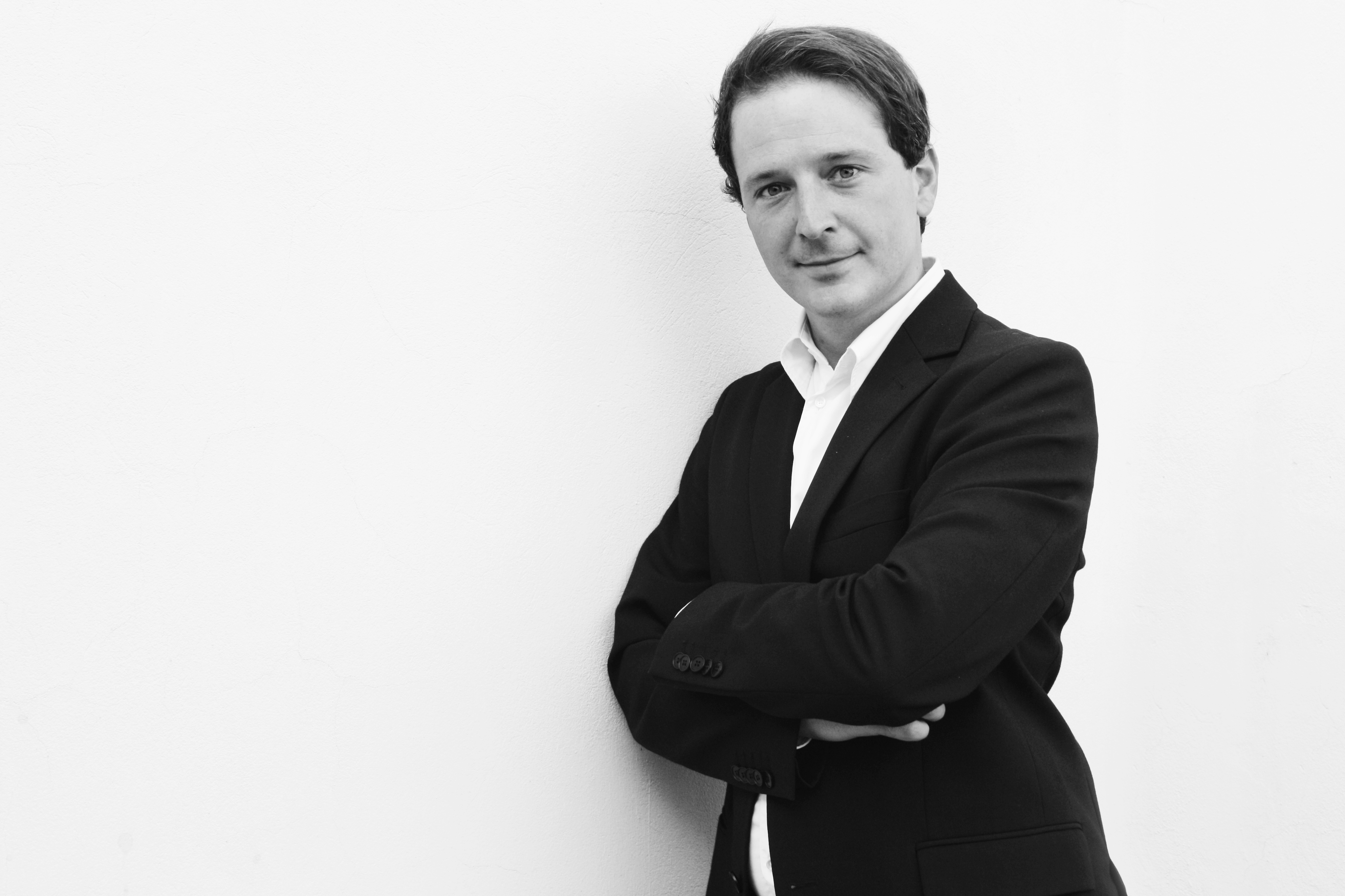Projektleiter:
Prof.Dr. Jean-Dominique Deuschel
/
Prof. Dr. Peter Karl Friz
/
Dr. Clemens Guhlke
/
Dr. Manuel Landstorfer
Projekt Mitglieder:
Dr. Michelle Coghi
Laufzeit: 01.06.2017 - 31.12.2019
Status:
laufend
Standort:
Technische Universität Berlin
/ Weierstraß-Institut
Beschreibung
Currently lithium-ion batteries are the most promising storage devices to store and convert chemical energy into electrical energy. An important class of modern lithium batteries contain electrodes that consist of many nano-particles.
During the charging process of a battery, lithium is reversibly stored
in the ensemble of the nano-particles and the particles undergo a phase transition from a Li-rich to a Li-poor phase. For this type of batteries a successful mathematical model was developed in the previous ECMath project SE8, based on a stochastic mean field interacting particle system.
The new project focuses on modeling, analysis and simulations of extreme conditions in battery operation like fast charging, mostly full/empty discharge states, mechanical stresses within the electrode.
The aim of the project is to achieve deeper understanding of the behavior of lithium-ion batteries in extreme conditions.
http://www.wias-berlin.de/projects/ECMath-SE17/
